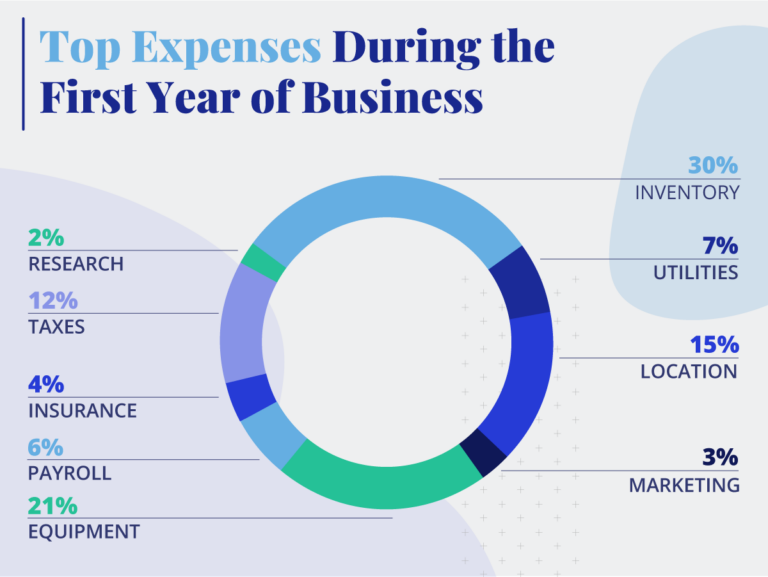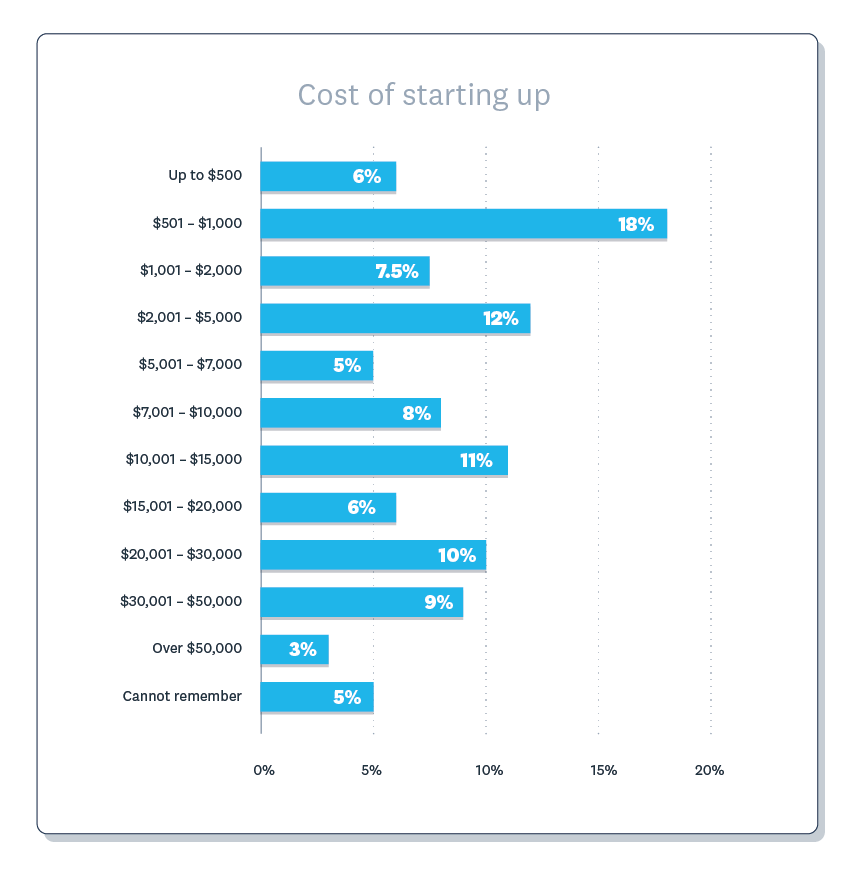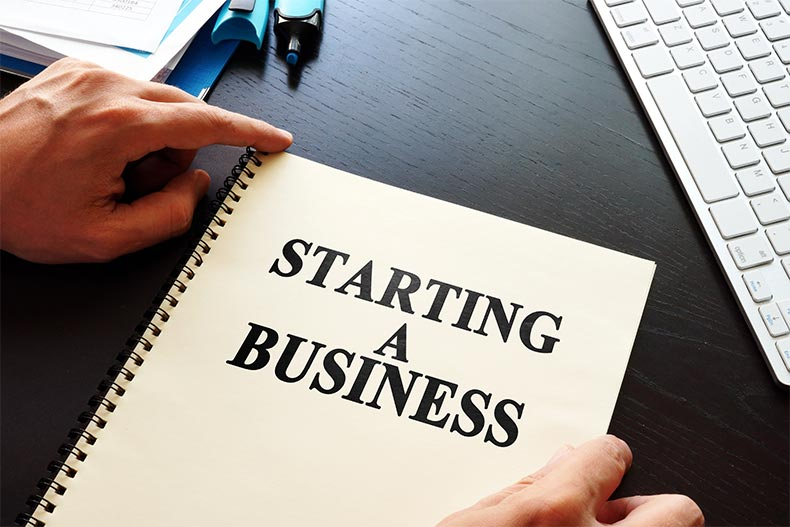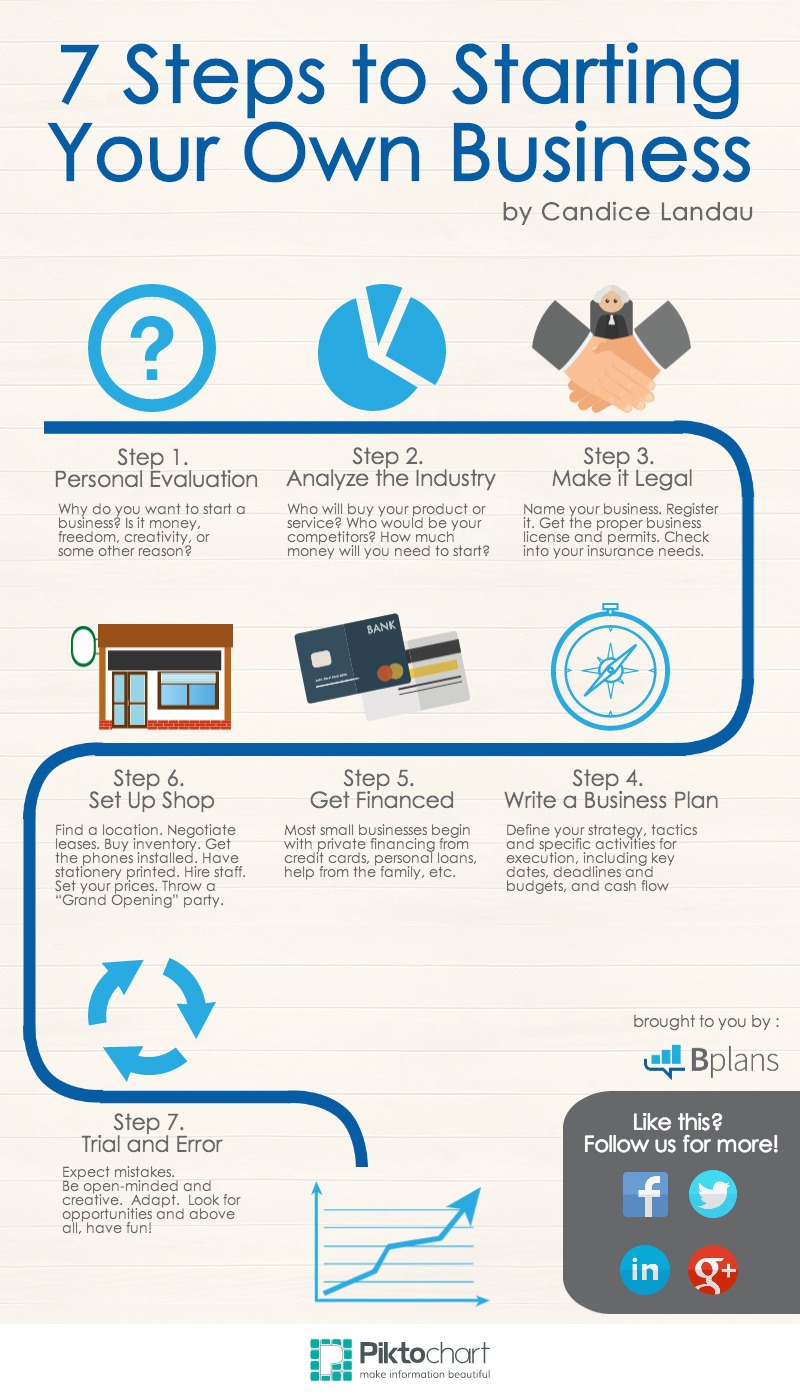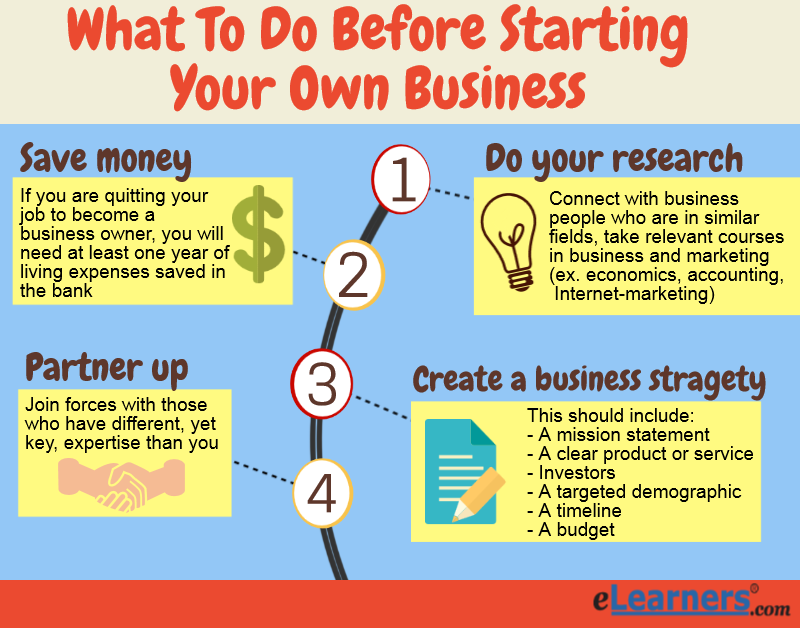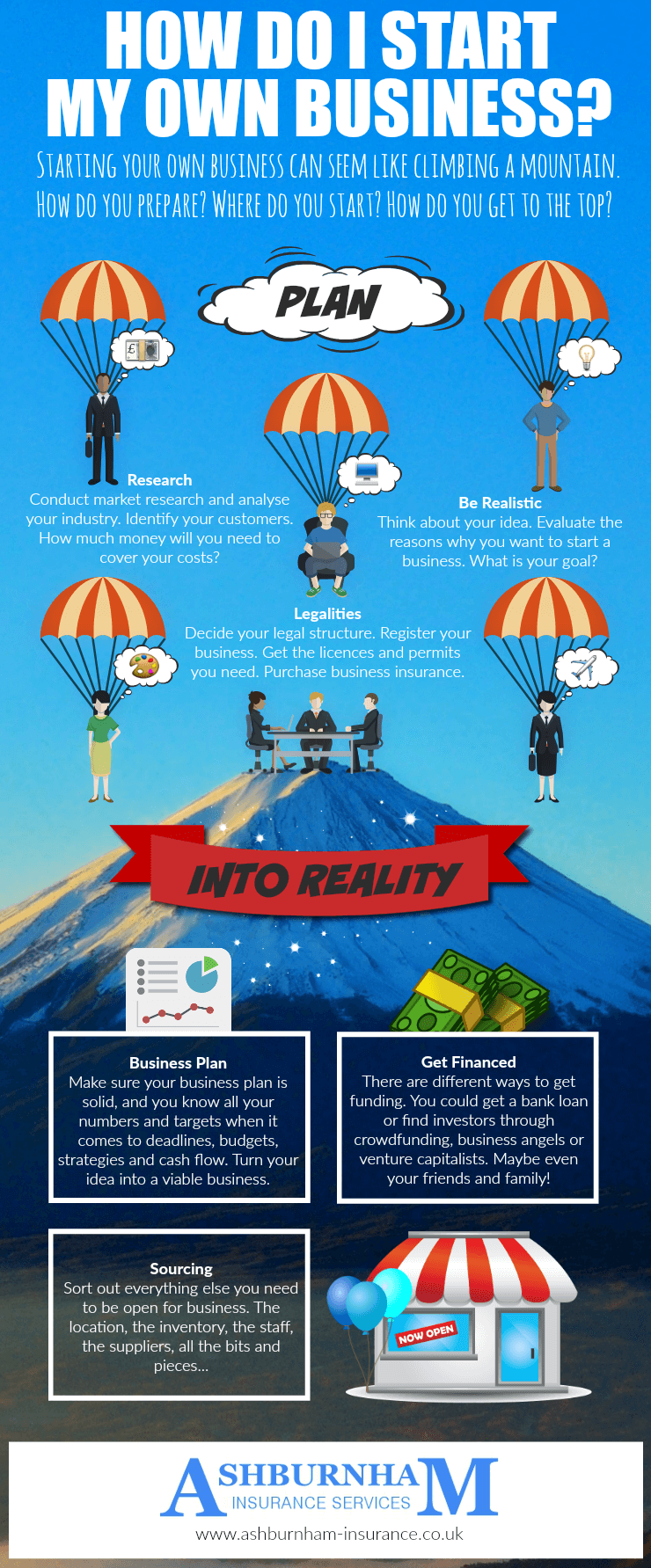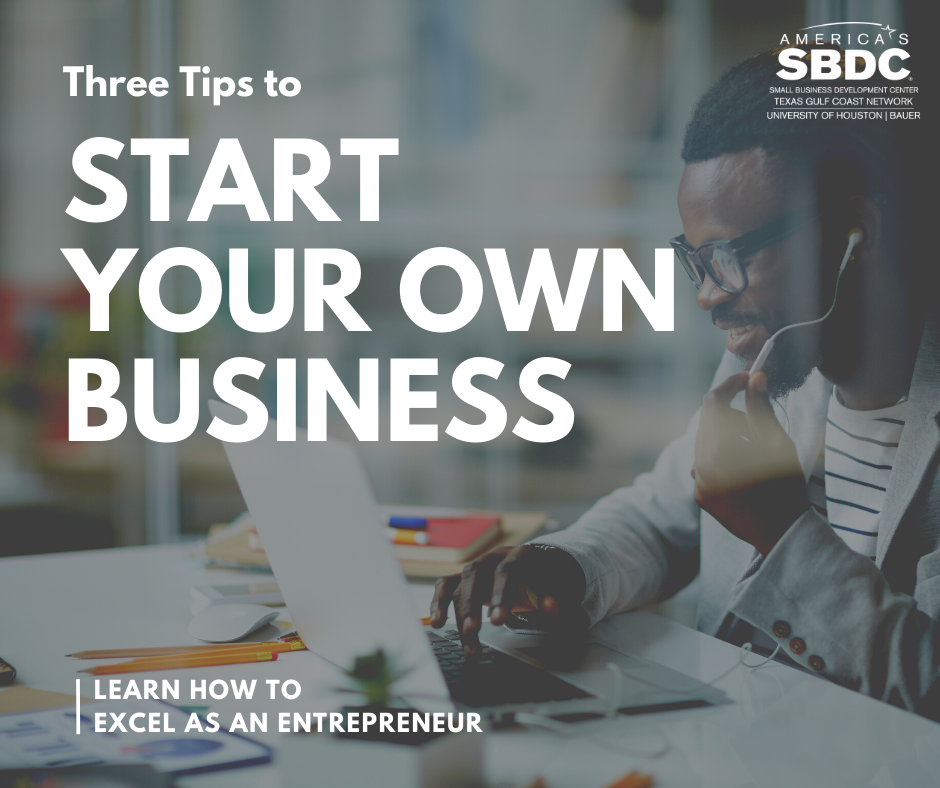How Much Is It To Start Your Own Business
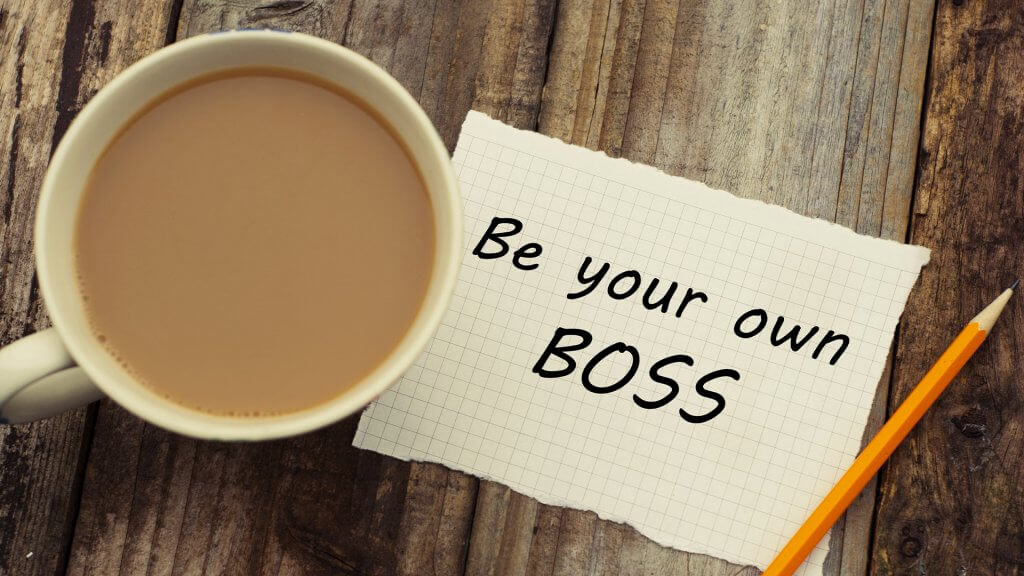
So, you're thinking of ditching the 9-to-5 and becoming your own boss? The burning question, of course, is: how much is this dream actually going to cost you?
Launching a business can range from a few hundred to millions of dollars, depending on the industry, scale, and funding strategy. This article provides a breakdown of the key costs involved in starting a business and how to estimate your startup expenses.
Startup Costs: A Breakdown
The costs vary wildly. A simple online service might need minimal capital, while a manufacturing plant requires substantial investment.
Legal and Regulatory Fees
First off, you'll need to officially register your business. This includes filing for an Employer Identification Number (EIN), obtaining necessary licenses and permits, and potentially registering a trademark. According to the Small Business Administration (SBA), legal fees alone can range from $500 to $5,000 or more.
Some industries require very specific permits and licenses that are costly.
Marketing and Branding
No one will buy your product if they don't know about it. A basic website can cost anywhere from $500 to $10,000, and marketing expenses can vary drastically. Don't forget logo design, business cards, and initial advertising campaigns.
Consider social media marketing, which can be a cost-effective way to reach a target audience.
Office Space and Equipment
Do you need an office? Depending on your business, you might require a physical location. This could mean renting office space, purchasing equipment like computers and furniture, and paying for utilities.
Renting a co-working space or working from home can significantly reduce overhead costs.
Inventory and Supplies
If you are selling a physical product, you will need inventory. The cost of inventory and supplies depends heavily on your product and the quantity you need.
Consider just-in-time inventory management to reduce storage costs and waste.
Staffing Costs
Will you need to hire employees? Salaries, benefits, and payroll taxes are significant expenses. According to the Bureau of Labor Statistics (BLS), the average total compensation for private industry workers was $41.44 per hour as of March 2024.
Consider starting with contractors or freelancers to reduce initial staffing costs.
Technology
Nearly every business relies on technology. From software subscriptions to point-of-sale systems, technology costs can quickly add up.
Look for free or low-cost software alternatives to minimize expenses.
Estimating Your Startup Costs
Start by creating a detailed business plan. This includes a market analysis, financial projections, and operational strategies. The SBA offers resources and templates to help you create a solid business plan.
Then, research industry benchmarks. Find out what similar businesses have spent on startup costs. Talk to other entrepreneurs in your field. They can provide valuable insights into hidden costs.
Finally, get quotes from multiple vendors. Compare prices for everything from website design to office space to insurance.
Funding Your Startup
Once you have a solid estimate of your startup costs, you'll need to secure funding. Options include: Personal savings, Loans from banks or credit unions, Investors, Crowdfunding, Government grants
Each funding option has its own pros and cons, so do your research.
Moving Forward
The cost of starting a business is significant, but with careful planning and execution, it's achievable. Continue to refine your business plan, research funding options, and seek advice from experienced entrepreneurs.
Starting a business is a marathon, not a sprint. Stay focused on your goals.
